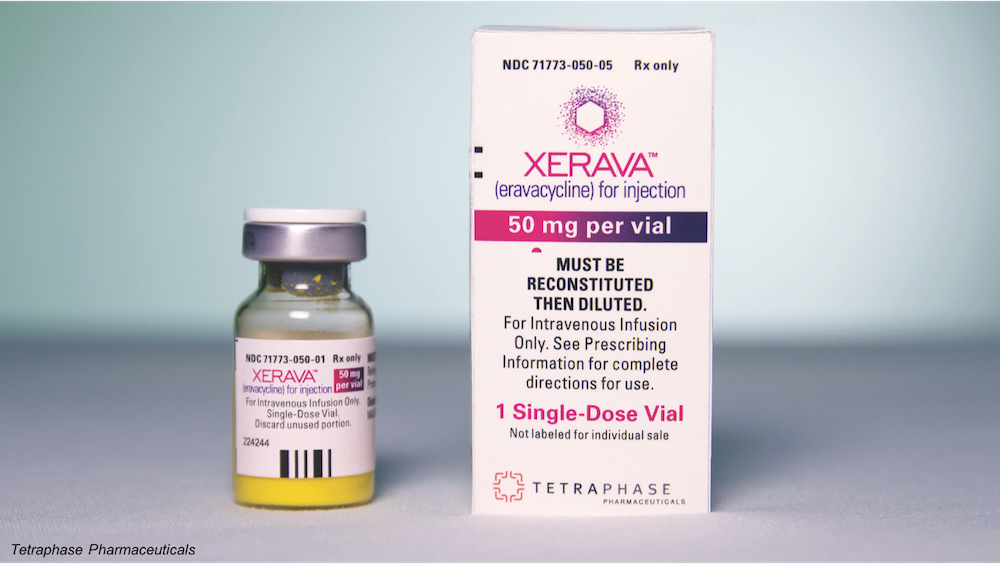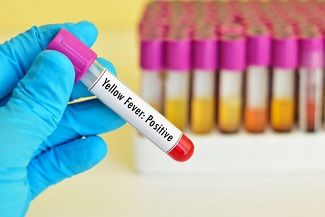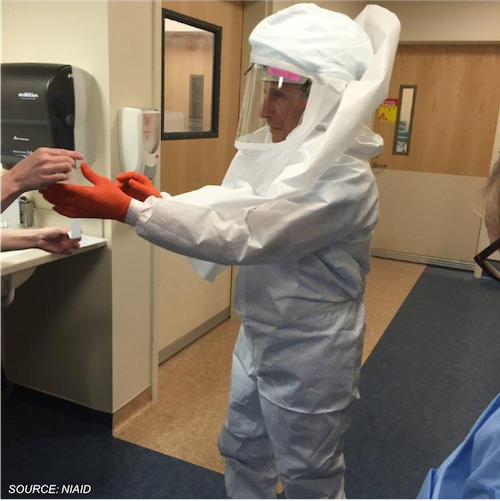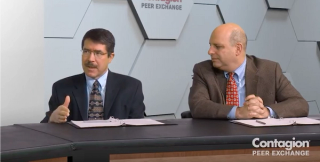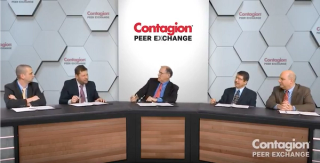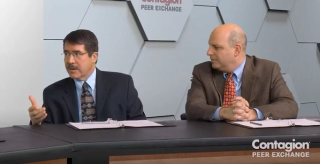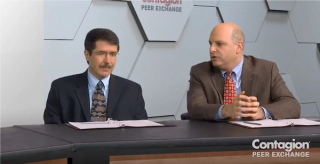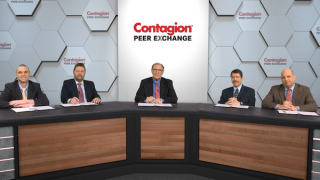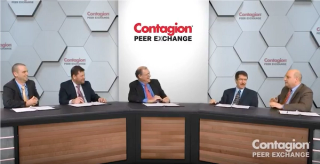
Prevention
Latest News
Latest Videos

CME Content
More News
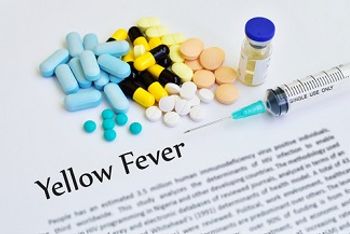
The results of a new Dutch study suggest a rationing protocol does not diminish the effectiveness of the vaccine.
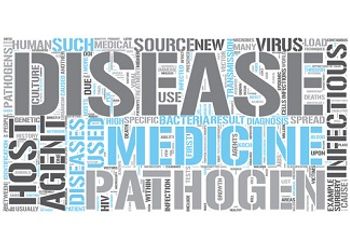
A study in bat social dynamics provides a helpful reminder on infectious disease dynamics.
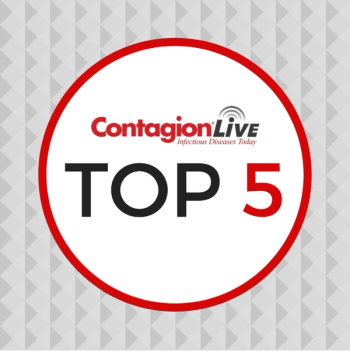
Stay up-to-date on the latest infectious disease news by checking out our top 5 articles of the week.
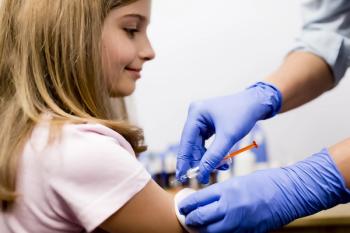
A new survey has found that 34% of US parents are not planning to have their child vaccinated against influenza.

The latest report from WHO highlights trends in antimicrobial consumption and use across the world, underscoring the need for international antimicrobial stewardship programs.

Glenn Tillotson, PhD discusses the development of new antibiotics and therapies for C diff during an era when antibiotic resistance is a serious global health threat.

Antibiotic-Resistant Infections Could Kill Millions Globally by 2050, OECD Says: Public Health Watch
New report highlights risks and costs associated with these infections equal to roughly 1 million deaths and $65 billion in the United States.
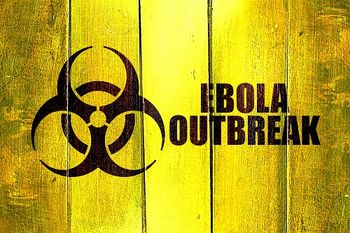
The current Ebola outbreak in the Democratic Republic of Congo has surpassed 300 cases and international health officials are now questioning if it is capable of being controlled.

Investigators have found that children who received a flu shot in consecutive years did not see a decline in vaccine effectiveness.

Sanofi Pasteur’s dengue vaccine (Dengvaxia) is moving one step closer to being approved in the United States as the FDA just accepted a Biologics License Application for the vaccine.

Chlorhexidine gluconate bathing plays a large role in infection prevention practices and patient buy-in is an important aspect of ensuring compliance.

Despite concerning findings and warnings, fluoroquinolones have remained one of the world’s most commonly prescribed antibiotic classes, with the United States accounting for more than 32 million prescriptions in 2015 alone.
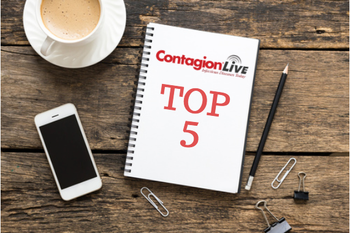
Stay up-to-date on the latest infectious disease news by checking out our top 5 articles of the week.

Editor-in-chief, Jason C. Gallagher, PharmD, FCCP, FIDSA, BCPS, shares how it is up to all of us in health care to evaluate the level of evidence in our practices and continue to evolve, just like the organisms we work to treat.

A new study by investigators in Japan finds that earlier antibiotic stewardship intervention decreased antibiotic usage and costs and were associated with reduced rates of antibiotic resistance.
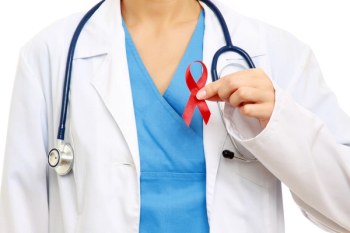
In a plenary at the HIV Research for Prevention conference, Anthony Fauci, MD, discussed the need for implementation of new HIV prevention mechanisms.
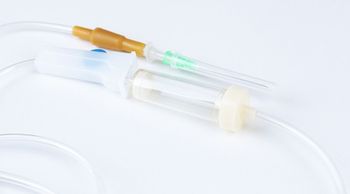
Because of the recent concern in the United States around the rise of resistant pathogens, intravenous fosfomycin has gained renewed interest because of its activity and demonstrated synergy with other classes of antibiotics.
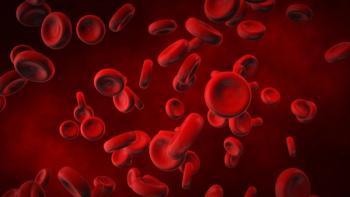
The system allows for the rapid identification of bacteria directly from positive blood cultures, and can determine the antimicrobial susceptibility of the blood-borne pathogens.
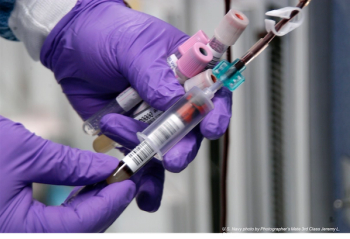
Use of the FDA–cleared Accelerate Pheno blood culture detection system can shorten the time required to analyze patients’ blood samples leading to improved clinical outcomes, according to the results of a recent study.

At the HIV Research for Prevention, in Madrid, Spain, the Global HIV Vaccine Enterprise presented a framework for working towards the development of a safe and effective HIV vaccine.

A new report from the CDC shows substantial progress on the incidence of health care-associated infections in the United States, but there is still more work to be done.

Stay up-to-date on the latest infectious disease news by checking out our top 5 articles of the week.
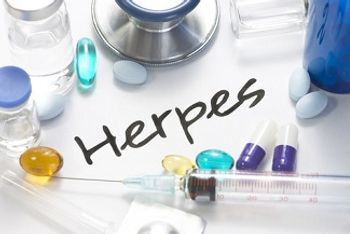
Herpes simplex virus type 1 is associated with a higher risk of Alzheimer’s disease, yet the antivirals prescribed to treat the infection may reduce the risk of dementia.

The globalization of antibiotic stewardship programs is necessary in the fight against antibiotic resis­tance.
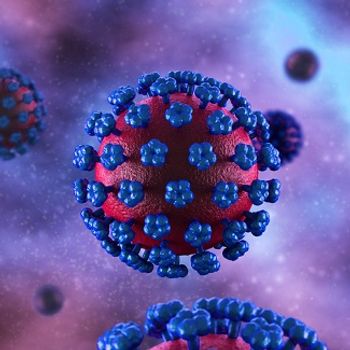
The inactivated recombinant vaccine protected guinea pigs that were exposed to the Lassa virus 58 days post-vaccination.


